Society of Scholars
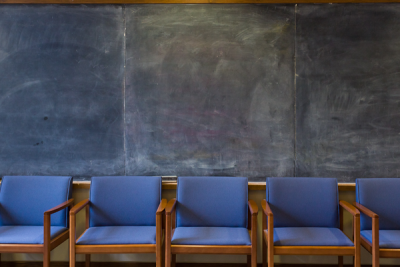
The Society of Scholars is an intellectual community of humanists of diverse generations, academic ranks, and departmental affiliations who contribute to and learn from one another’s work. Each year, approximately eight faculty and three dissertation research fellowships support members of the Society of Scholars. Scholars in year-long residence at the University of Washington may be invited to participate as well. The group meets biweekly throughout the year to discuss their research in progress.
Apply for the Fellowship (Faculty)
2025 - 2026 Society of Scholars

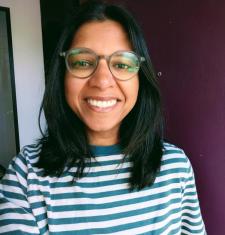
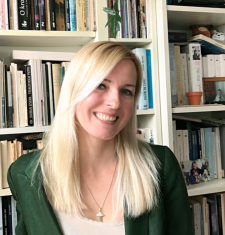
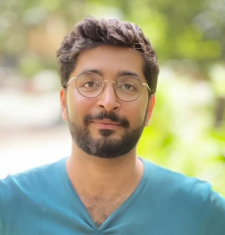
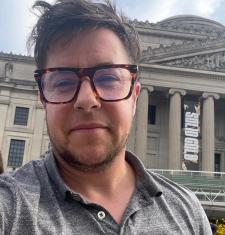
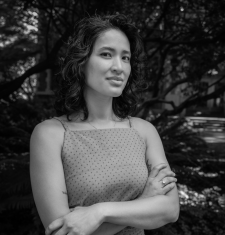
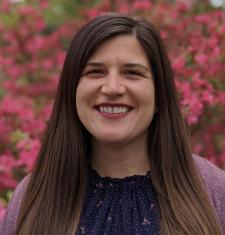

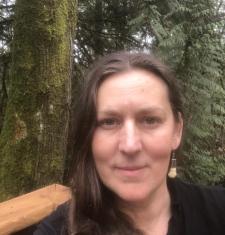
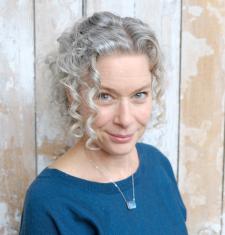
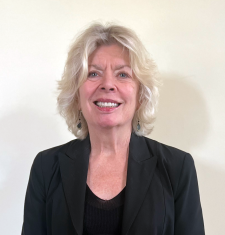
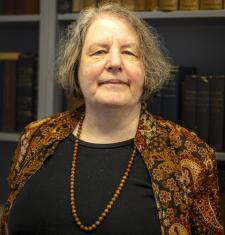
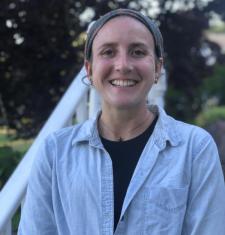
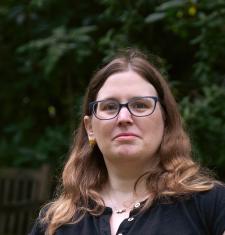
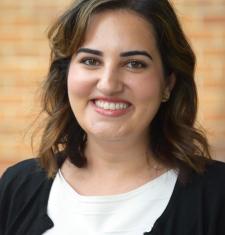
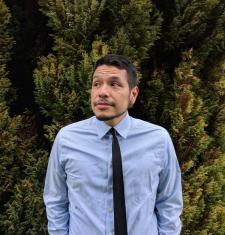
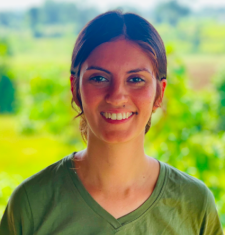
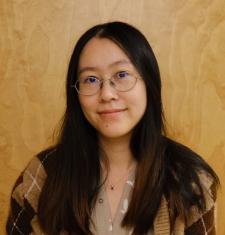
2022 - 2023 Society of Scholars Fellow
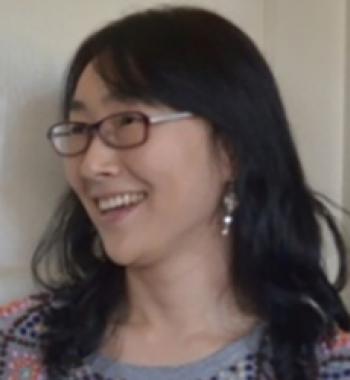
Heekyoung Cho (she/her/hers)
Discontinuous Continuity: Seriality in Cultural Production in Modern and Contemporary Korea
Seriality has been one of the core components in literary and cultural productions in Korea and East Asia from the birth of the modern period until today. Through examination of literary and visual materials serialized in both the analog and digital eras, Cho rethinks seriality as a mode of production and consumption that (along with a high literacy rate, the development of technology, and the increase in leisure time) has intensified the permeation of everyday life by literature and art in the modern era while effectively mingling the imagined (literary or visual) world with lived reality.